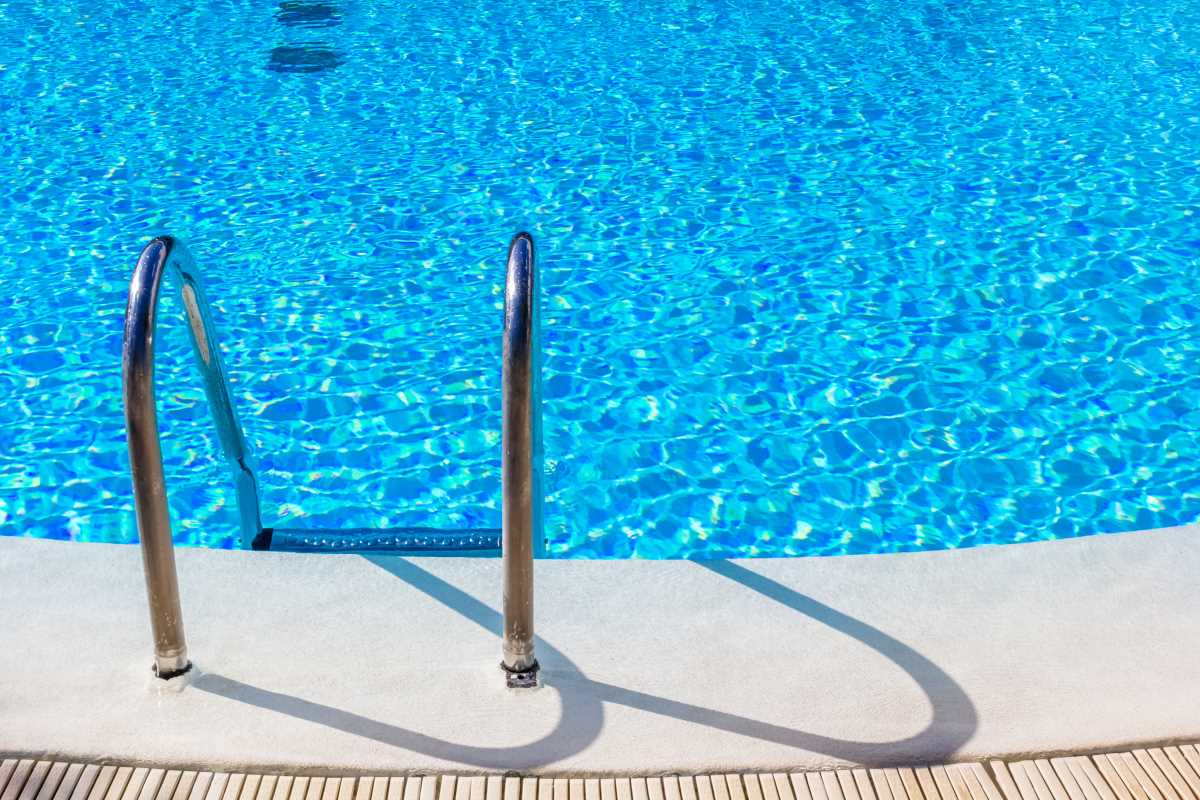Adding a pool to your backyard sounds like a dream come true. It’s not just a place to cool off or entertain friends. It's also a long-term investment in your home. There’s more to the process than just picking out pool designs and imagining your perfect summer. Contracts with pool installation companies can be tricky, filled with legal jargon, hidden fees, and unexpected obligations. Understanding what you're signing means you won’t be blindsided later. We're pointing out what to look for, what questions to ask, and how to spot potential red flags. By being informed, you’ll feel more confident in making decisions and can avoid costly mistakes or unnecessary headaches.
Understand Project Scope and Timeline
Pool installations are significant projects involving a lot of moving parts. A well-drafted contract should outline exactly what’s included in the scope of work. Construction details, material specifications, and additional features like lighting or water systems need to be clearly listed.
Consider asking for a detailed timeline that breaks down each phase of the project. This might include the excavation date, plumbing and electrical installations, decking, and final landscaping. Many companies provide a generic timeframe, but unforeseen complications like bad weather or permit delays can throw things off track. Double-check that the contract addresses how such delays are handled.
Any services that aren’t included but could impact the project budget, like hauling away excess dirt or repairing damaged landscaping, should also be discussed upfront. If something isn’t in writing, assume it’s not covered.
Review Payment Terms Carefully
Most pool installation companies require payment in stages. Standard terms often involve a deposit, one or more mid-project payments, and a final payment upon completion. However, excessive upfront charges are a red flag. A deposit should typically range between 10% and 20% of the total cost. Anything higher might indicate issues such as poor financial stability on the company’s part.
Each payment milestone should be linked to specific progress. Some companies have an initial deposit to cover the design, with subsequent payments tied to excavation, plumbing, or concrete placement. These benchmarks prevent you from paying too much before significant work has been done.
Ask what happens if the project timeline shifts. If payments aren’t tied to clear benchmarks, it’s easy to end up owing money even when little progress has been made. Always resist pressure from companies asking for large sums of money up front.
Verify Licensing and Insurance
Pool installation involves heavy machinery, electrical work, and significant construction, all of which need properly licensed professionals. An unlicensed contractor might offer lower rates, but the risks outweigh the savings. Hiring someone without the proper credentials can leave you in legal trouble if something goes wrong.
Ask for proof of licensing and verify it with local regulating authorities. Also, confirm that the contract shows that the company holds necessary insurance, including liability coverage and workers' compensation. This protects you from being held financially responsible for injuries or accidents on your property.
Pay Attention to Warranties
Warranties can save you from expensive repair costs down the line, but not all warranties offer equal protection. Some contracts only include coverage for certain components, and others might bury important exclusions in the fine print. The warranty should cover both materials and workmanship, as problems can arise with either.
Request clarification on the warranty period and how claims are handled. Reputable companies will spell out procedures for repairs, replacements, and who covers labor costs. Structural components, like the pool shell, should come with warranties lasting 10 years or more, whereas equipment like pumps might only have a year of coverage.
Don’t Overlook Permits and Inspections
Every pool installation project requires permits and regulatory approvals. Reputable installers typically handle this part, but it’s important to confirm it’s included in your contract. Skipping permits can lead to hefty fines, delays, or being forced to remove the pool altogether.
Some regions also require inspections at various stages of construction to maintain safety compliance. The contract should clarify how these inspections are scheduled and what happens if adjustments are necessary to pass them. Always request copies of permits for your records.
Evaluate Termination and Cancellation Policies
Changing your mind or encountering unexpected issues mid-project might result in needing to cancel or terminate your agreement. A high-quality contract addresses how cancellations are handled, including any fees you might owe.
Some companies charge for project design work completed even if construction hasn’t started. Others might retain a percentage of the deposit depending on how far along the project is. These terms should be transparent and fair. An unclear cancellation policy puts you at risk of unexpected penalties.
Hidden Costs to Watch Out For
Hidden fees snuck into contracts can add thousands to your budget if you’re not vigilant. Pay close attention to clauses related to rock removal, soil testing, or changes in material availability.
Some companies charge for every change to the original design, even minor adjustments. A transparent provider outlines potential extra costs ahead of time. Request a breakdown of fees you might face beyond the quoted price and clarify approval processes for additional charges.
Inspect Material Quality
Not all pool materials are created equal. The type of finish, tiles, or decking included in the contract hugely impacts the overall aesthetic, durability, and cost. Low-quality materials might save money upfront but require frequent maintenance or replacement over time.
Ask what brands and grades of materials the company intends to use. Research these products independently to confirm they meet your expectations. If you’re promised high-end finishes, make sure the contract reflects this to avoid bait-and-switch tactics.
Check the Cleanup Clause
The aftermath of pool construction often leaves a huge mess, including piles of dirt, discarded materials, and damaged landscaping. Some companies leave cleanup entirely to the homeowner unless otherwise written in the contract.
A cleanup clause protects your property by obligating the company to remove debris or restore affected areas. This might include replacing damaged lawn or replanting uprooted shrubs. Without it, you risk added expenses for post-construction restoration.
Compare Multiple Bids
Rushing into a contract limits your ability to negotiate or verify fair pricing. Collect estimates from three to five different pool installation companies and compare their offerings.
Ask for itemized bids breaking down costs for excavation, materials, installation, and optional features. Look beyond price alone. Lower bids might mean cutting corners, while higher bids should justify their value with premium materials or extended warranties.
During this process, pay attention to how willing companies are to answer your questions. Transparent and communicative providers typically offer a smoother process later on.
Know How Disputes Are Handled
Conflicts during a pool installation project aren’t uncommon, and your contract should outline how disputes are resolved. Many agreements include arbitration clauses that prevent lawsuits and require third-party mediation instead. Be cautious with contracts forcing you into arbitration without clear terms, as this could strip you of certain legal rights.
 (Image via
(Image via





